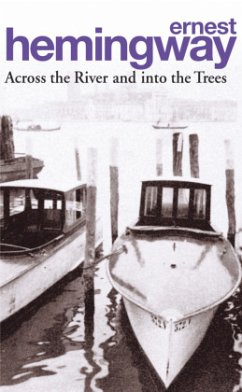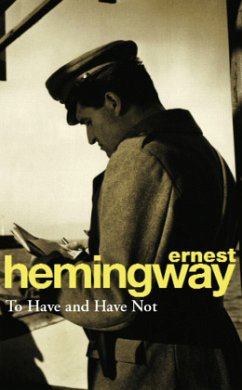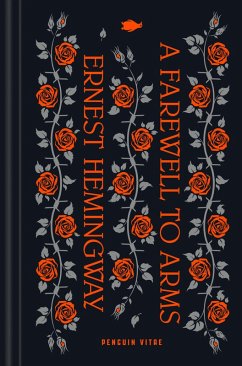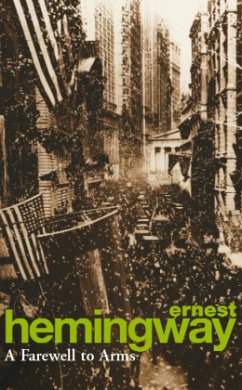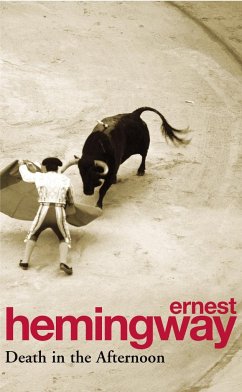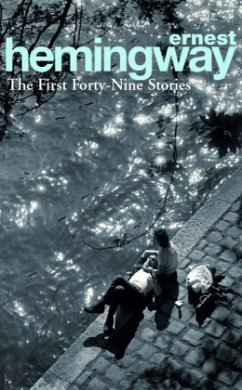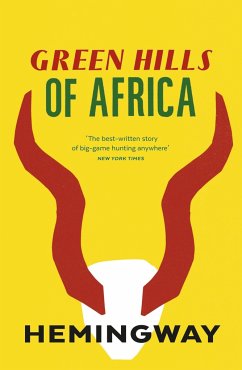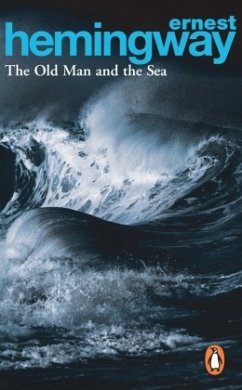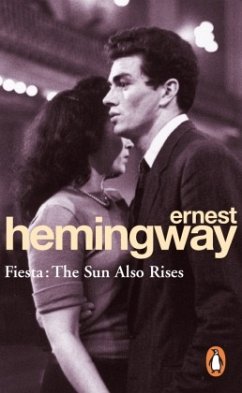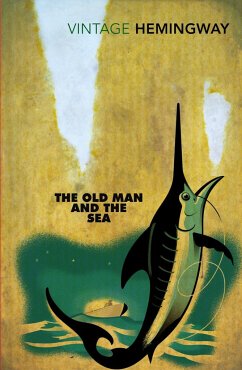
Across the River and into the Trees
Versandkostenfrei!
Sofort lieferbar
8,49 €
inkl. MwSt.
Weitere Ausgaben:

PAYBACK Punkte
4 °P sammeln!
A poignant story of the inability to capture lost youth, by the Nobel Prize-winning author of A Farewell to Arms.'Luck is a feast which doesn't stay in one place'Richard Cantrell is an American colonel living in Venice just after the Second World War. The fighting has left him scarred and embittered, a middle-aged man with a heart condition. It seems that only the love of Renata, a nineteen-year-old countess can save him. But Cantrell is living in the shadow of war, every move he makes dictated by old battle instincts, and it is possible that for him the longed-for peace may have come too late...
A poignant story of the inability to capture lost youth, by the Nobel Prize-winning author of A Farewell to Arms.
'Luck is a feast which doesn't stay in one place'
Richard Cantrell is an American colonel living in Venice just after the Second World War. The fighting has left him scarred and embittered, a middle-aged man with a heart condition. It seems that only the love of Renata, a nineteen-year-old countess can save him. But Cantrell is living in the shadow of war, every move he makes dictated by old battle instincts, and it is possible that for him the longed-for peace may have come too late.
'The most important author since Shakespeare' New York Times
'Luck is a feast which doesn't stay in one place'
Richard Cantrell is an American colonel living in Venice just after the Second World War. The fighting has left him scarred and embittered, a middle-aged man with a heart condition. It seems that only the love of Renata, a nineteen-year-old countess can save him. But Cantrell is living in the shadow of war, every move he makes dictated by old battle instincts, and it is possible that for him the longed-for peace may have come too late.
'The most important author since Shakespeare' New York Times





